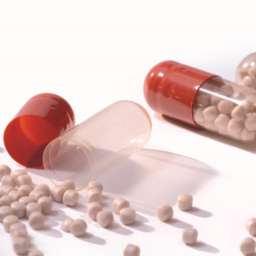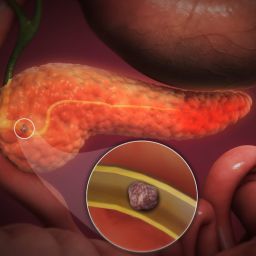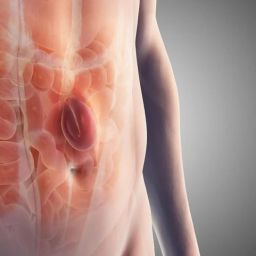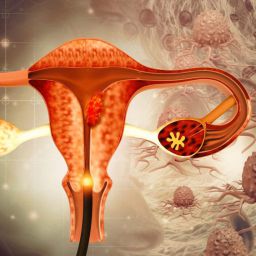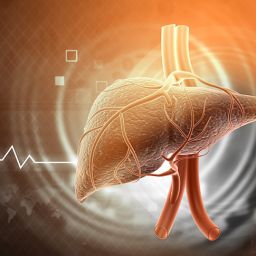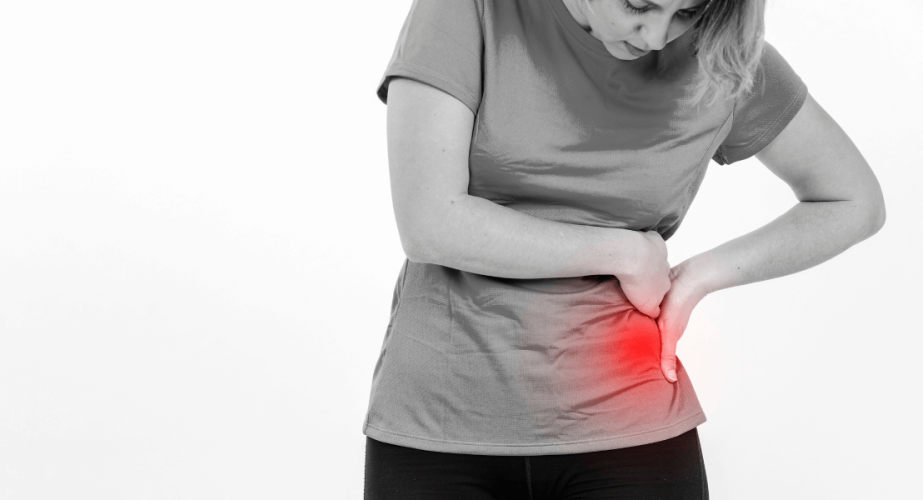
Understanding the Recovery Process After Hernia Surgery
The recovery process after hernia surgery varies depending on the type of hernia, the technique used in surgery (open or laparoscopic), and the individual patient’s health condition. In general, most patients can expect to go home on the same day or within a few hours after the surgery if there are no complications.
Typically, the first few days after surgery involve rest, pain management, and gradually reintroducing movement. During this time, the body starts to heal from the surgical incision, and the muscles that were repaired begin to regain strength. The total recovery time varies from person to person, but most people can return to normal activities in about 4 to 6 weeks, although some may require more time to fully heal.
Post-Surgery Care: Key Factors to Focus On
After undergoing hernia surgery, adhering to post-operative care instructions is essential for a smooth and speedy recovery. Below are some key areas to focus on:
1. Rest and Avoiding Strain
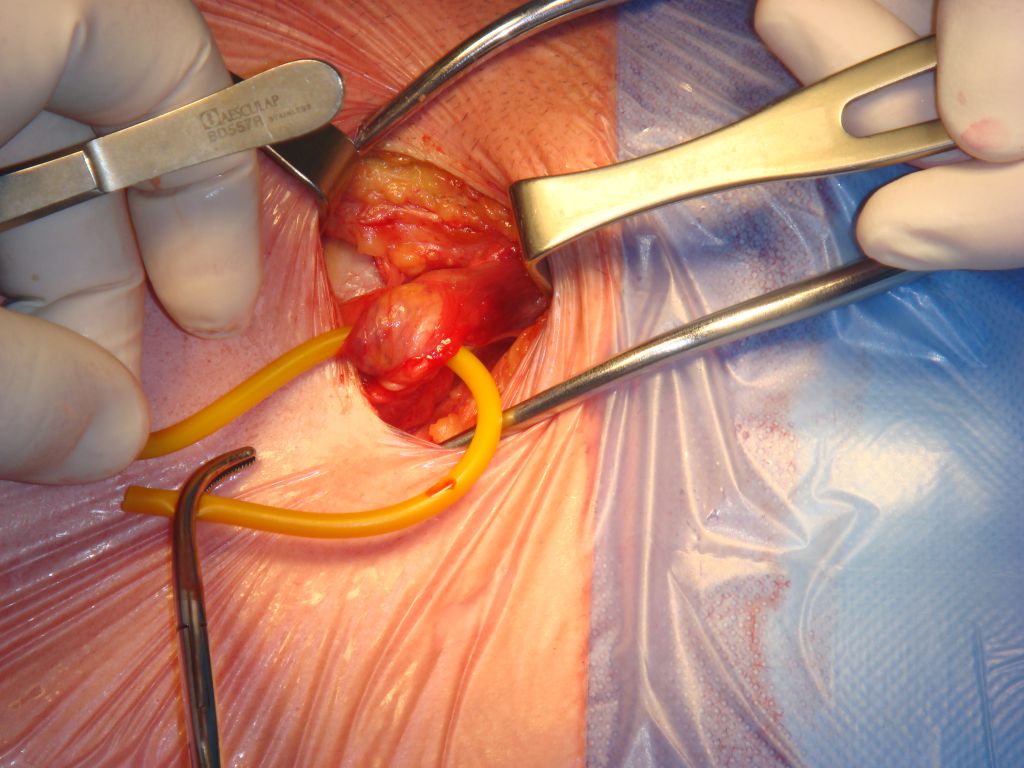
Rest is critical for recovery after any surgery, and hernia surgery is no exception. While it may be tempting to return to your normal routine, it’s important to allow your body the time it needs to heal properly. Resting for the first few days after the surgery helps reduce the risk of complications such as wound infections or strain on the repair site.
However, rest does not mean complete immobility. Light movement, such as walking around the house, can promote blood circulation and prevent complications such as blood clots. Be sure to follow your doctor’s guidelines about when and how much physical activity is appropriate for you.
2. Pain Management
Pain and discomfort after hernia surgery are common, but they can be managed effectively with prescribed medications. Your surgeon will likely recommend pain relievers to reduce pain and inflammation, typically nonsteroidal anti-inflammatory drugs (NSAIDs) or acetaminophen. In some cases, opioid medications might be prescribed for short-term use if the pain is more severe.
It’s important not to over-rely on painkillers, as they may cause side effects such as constipation or drowsiness. Use them as directed and discuss any concerns about side effects with your healthcare provider.
3. Wound Care and Hygiene
Proper wound care is crucial to avoid infections and ensure proper healing. Keep the surgical site clean and dry as per your doctor’s instructions. If your doctor used stitches that need to be removed, follow up appointments will be necessary to ensure the wound is healing correctly. In most cases, however, dissolvable stitches are used, and they will dissolve on their own.
Avoid soaking the wound in water (e.g., swimming, hot tubs, or baths) until your doctor clears you to do so. If you notice signs of infection, such as redness, swelling, excessive pain, or discharge, contact your doctor immediately.
4. Monitoring for Complications
While complications after hernia surgery are rare, they can occur. Monitoring your health for any unusual symptoms is important. Some complications that might arise include:
- Infection: Redness, warmth, swelling, or discharge at the surgical site.
- Bleeding: Excessive bleeding or a large bruise around the incision site.
- Recurrence of Hernia: Pain or bulging around the surgery site may indicate that the hernia has returned.
- Blood Clots: Symptoms like swelling, redness, and pain in your legs could indicate a blood clot.
If you experience any of these symptoms, contact your doctor immediately for evaluation and treatment.
Dietary Recommendations for a Smooth Recovery
A balanced diet plays a key role in recovery after hernia surgery. Proper nutrition helps your body heal faster by providing the essential nutrients it needs for tissue repair, boosting your immune system, and reducing the risk of complications.
1. Hydration
Adequate hydration is essential for recovery. Water helps in the healing process and ensures proper digestion. Staying hydrated can prevent constipation, which is especially important if you are taking pain medication that may cause constipation. Drinking plenty of water also supports kidney function and prevents the buildup of toxins in the body.
2. High-Fiber Foods
Post-surgery constipation is common due to reduced physical activity and the side effects of medications. To combat constipation, ensure that your diet includes plenty of high-fiber foods such as:
- Whole grains (oats, quinoa, brown rice)
- Fruits (apples, berries, pears)
- Vegetables (spinach, broccoli, carrots)
- Legumes (beans, lentils)
Fiber helps soften the stool, making it easier to pass and reducing the need for straining during bowel movements, which could put undue pressure on the surgical site and lead to complications.
3. Protein-Rich Foods
Protein is essential for muscle repair and tissue healing after surgery. Include lean protein sources such as:
- Chicken, turkey, or lean cuts of beef
- Fish (salmon, tuna)
- Eggs
- Tofu or legumes for plant-based options
Protein promotes tissue repair and helps the body heal quickly, reducing recovery time.
4. Avoiding Heavy, Fatty, and Spicy Foods
While recovering from hernia surgery, it’s wise to avoid foods that could irritate the digestive system. Fatty, greasy, or spicy foods can cause indigestion, acid reflux, or bloating, which may worsen discomfort. Opt for smaller, more frequent meals and avoid overeating, as this can put unnecessary strain on your digestive system.
Exercise and Activity: When to Resume Physical Activity
After hernia surgery, it’s crucial to avoid activities that might strain the surgical site or hinder healing. However, once the initial recovery period has passed, physical activity can become an essential part of the healing process.
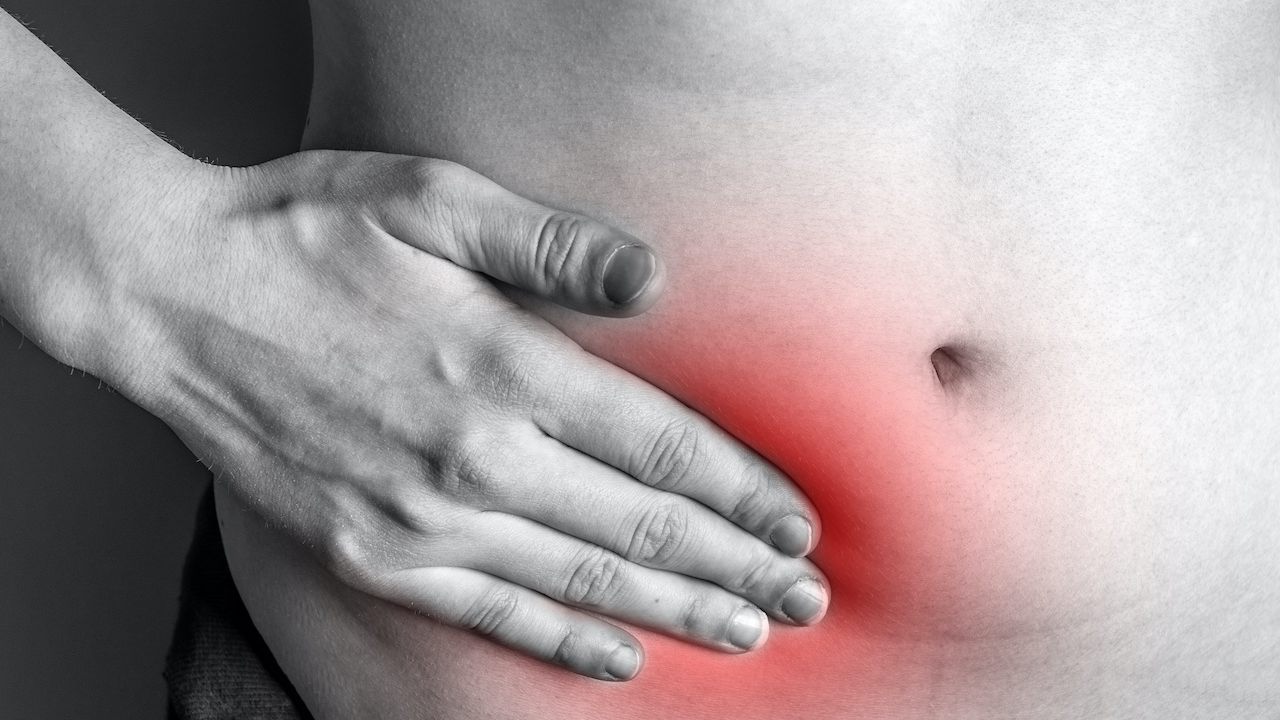
1. Gentle Movements Early On
In the first week after surgery, light movements such as walking around the house can help prevent blood clots and promote blood circulation. Walking also helps keep your muscles from becoming too stiff after extended rest.
2. Gradually Increase Activity
By the second week, most patients can resume light activities like walking outdoors, light household chores, or stretching exercises, as long as these activities do not cause pain or strain.
3. Avoid Heavy Lifting and Straining
Lifting heavy objects or engaging in intense physical exercise should be avoided for at least 4 to 6 weeks, or until your doctor gives you the all-clear. Straining or lifting heavy weights can put excessive pressure on your abdominal muscles and the repaired area, leading to a risk of hernia recurrence.
4. Follow Your Doctor’s Recommendations
Your doctor or surgeon will provide personalized recommendations for when to resume specific activities. Be sure to follow their advice closely to ensure that you don’t overexert yourself too soon. Each recovery process is different, and your healthcare provider is the best source for guidance regarding your specific situation.
Emotional and Mental Health Considerations
While focusing on physical recovery, it’s equally important to consider emotional and mental health after surgery. The recovery process can be emotionally taxing, especially if there are restrictions on activities or if the healing takes longer than expected. It’s normal to feel frustration, anxiety, or even a sense of isolation during the recovery period.
Engage in activities that help maintain a positive outlook, such as:
- Meditation or relaxation techniques
- Talking to family and friends
- Setting small, achievable goals
- Engaging in hobbies or light activities that bring joy
Staying connected with loved ones and seeking emotional support when needed can make the recovery process smoother and more manageable.
Embrace the Recovery Journey
Recovering from hernia surgery requires patience and commitment. By focusing on proper rest, following post-surgical care instructions, maintaining a balanced diet, and gradually increasing activity, patients can support their healing process and minimize the risk of complications. Remember, every patient is different, and recovery times may vary, so it’s important to stay in close communication with your healthcare provider throughout the healing process.
With the right approach and following these guidelines, you can ensure a quick recovery, return to your daily activities, and enjoy a healthier, stronger life post-surgery.






